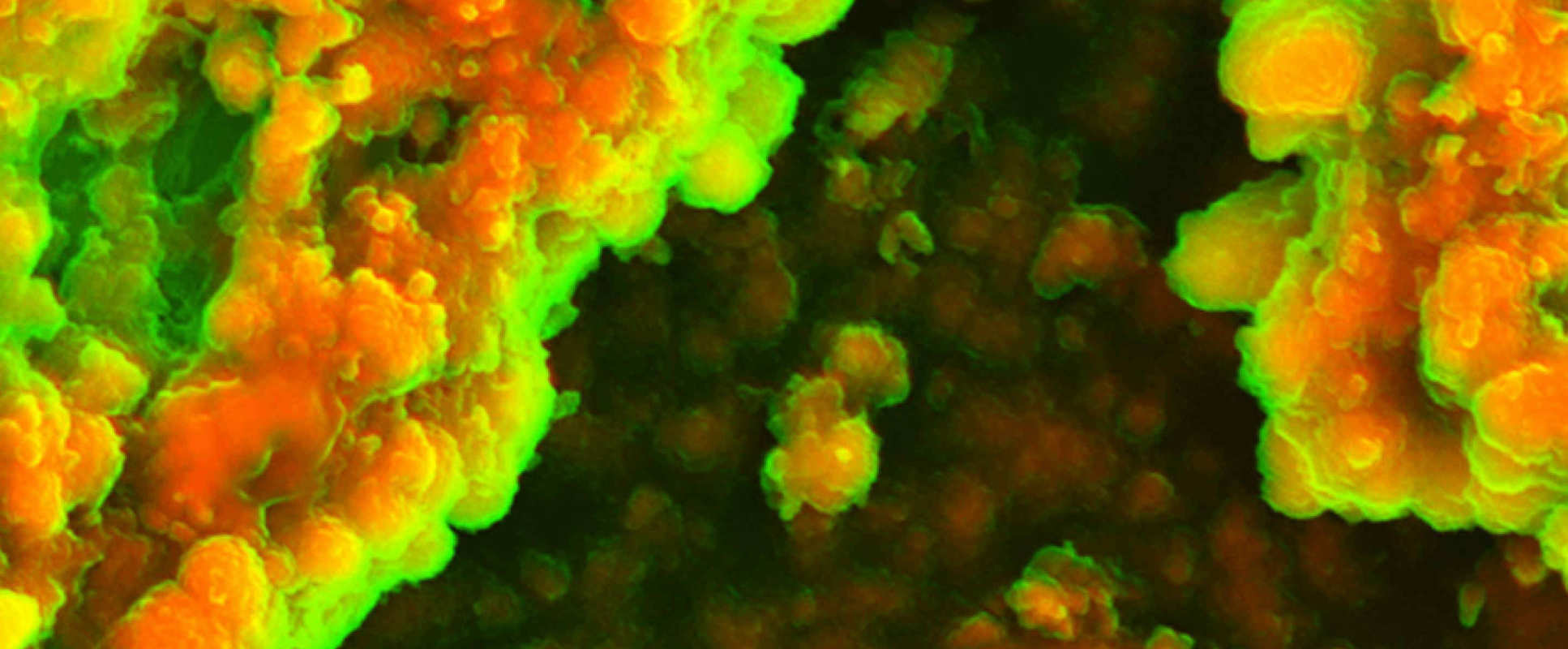BibTex format
@article{Caputo:2021:10.1016/j.isci.2020.101989,
author = {Caputo, VS and Trasanidis, N and Xiao, X and Robinson, ME and Katsarou, A and Ponnusamy, K and Prinjha, RK and Smithers, N and Chaidos, A and Auner, HW and Karadimitris, A},
doi = {10.1016/j.isci.2020.101989},
journal = {iScience},
pages = {1--31},
title = {Brd2/4 and Myc regulate alternative cell lineage programmes during early osteoclast differentiation in vitro},
url = {http://dx.doi.org/10.1016/j.isci.2020.101989},
volume = {24},
year = {2021}
}
RIS format (EndNote, RefMan)
TY - JOUR
AB - Osteoclast development in response to RANKL is critical for bone homeostasis in health and in disease. The early and direct chromatin regulatory changes imparted by the BET chromatin readers Brd2-4 and osteoclast-affiliated transcription factors (TF) during osteoclastogenesis are not known. Here, we demonstrate that in response to RANKL, early osteoclast development entails regulation of two alternative cell fate transcriptional programmes, osteoclast vs macrophage, with repression of the latter following activation of the former. Both programmes are regulated in a non-redundant manner by increased chromatin binding of Brd2 at promoters and of Brd4 at enhancers/super-enhancers. Myc, the top RANKL-induced TF, regulates osteoclast development in co-operation with Brd2/4 and Max and by establishing negative and positive regulatory loops with other lineage-affiliated TF. These insights into the transcriptional regulation of osteoclastogenesis suggest the clinical potential of selective targeting of Brd2/4 to abrogate pathological OC activation.
AU - Caputo,VS
AU - Trasanidis,N
AU - Xiao,X
AU - Robinson,ME
AU - Katsarou,A
AU - Ponnusamy,K
AU - Prinjha,RK
AU - Smithers,N
AU - Chaidos,A
AU - Auner,HW
AU - Karadimitris,A
DO - 10.1016/j.isci.2020.101989
EP - 31
PY - 2021///
SN - 2589-0042
SP - 1
TI - Brd2/4 and Myc regulate alternative cell lineage programmes during early osteoclast differentiation in vitro
T2 - iScience
UR - http://dx.doi.org/10.1016/j.isci.2020.101989
UR - https://www.sciencedirect.com/science/article/pii/S258900422031186X?via%3Dihub
UR - http://hdl.handle.net/10044/1/85254
VL - 24
ER -



